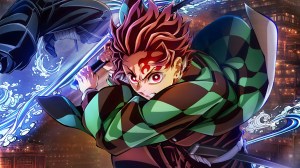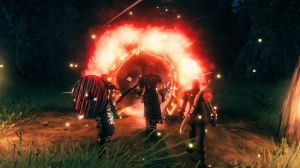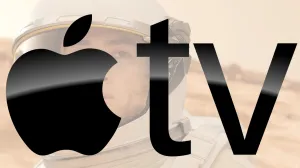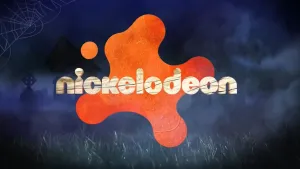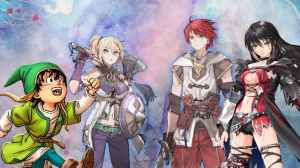It’s easy for many players to dump all over Ubisoft (some of which is justified), but it’s still a publisher that has put out a whole host of fantastic games over the years. There are thousands of talented people who have worked at Ubisoft’s many teams since its inception in 1996, many of whom have helped shape some of the industry’s most iconic and successful franchises.
Videos by ComicBook.com
With a history spanning almost 30 years, Ubisoft has had many hits. Here are the 10 best ones.
10) Far Cry 6
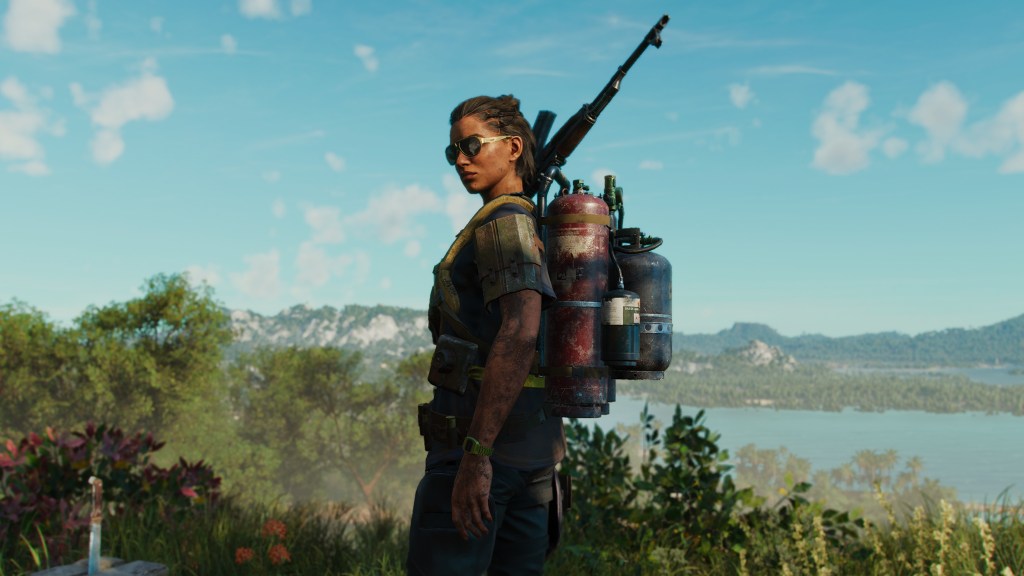
Far Cry 3 often gets brought up as the best Far Cry game, but, while its impact on open-world games cannot be overstated, it can’t stand up to Far Cry 6. This entry in the long-running series is the ultimate Far Cry game with the most options. And options reign supreme in an open-world game like this.
It’s up to players to stock up on the weapons they want so they can wreak havoc across Yara — a fictional Caribbean island that’s awash in different cultures and biomes — in their own special way. This can include sniping from afar, using a bow and arrow like Rambo, or relying on vehicles and special companions. None of this new in Far Cry 6, per se, but it’s all done well enough and is the most fully featured version of this specific style of Far Cry game.
9) Watch Dogs 2
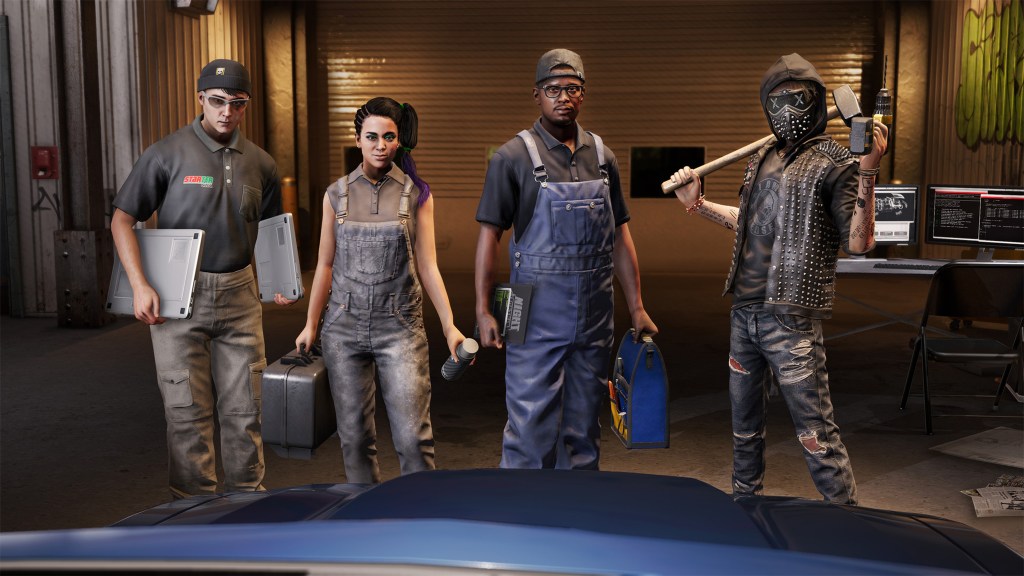
Watch Dogs was defined through disappointment, but Watch Dogs 2 makes good on what that first game promised. This San Francisco-set sequel is a lot more optimistic — thanks to its diverse central gang of misfits — and is a lot more enjoyable as a result. Hacking around the Bay Area is more open this time because of all the additional tweaks and abilities that give players more control over their world. Control lies at the heart of Watch Dogs’ fantasy, so this more liberating type of design benefits the whole experience a great deal.
The aforementioned crew is one of the bigger reasons why Watch Dogs 2 is the strongest of the three. They’re all lovable in their own way with a level of honest camaraderie that’s hard to emulate — and this somehow includes the wisecracking Wrench, a character that’s somehow not the most obnoxious goof in Ubisoft history. Watch Dogs 2’s story of crime in the digital age, corrupt tech moguls, and AI-driven racism is also quite prescient and further cements this game’s status as the best Watch Dogs game.
8) Trials Rising
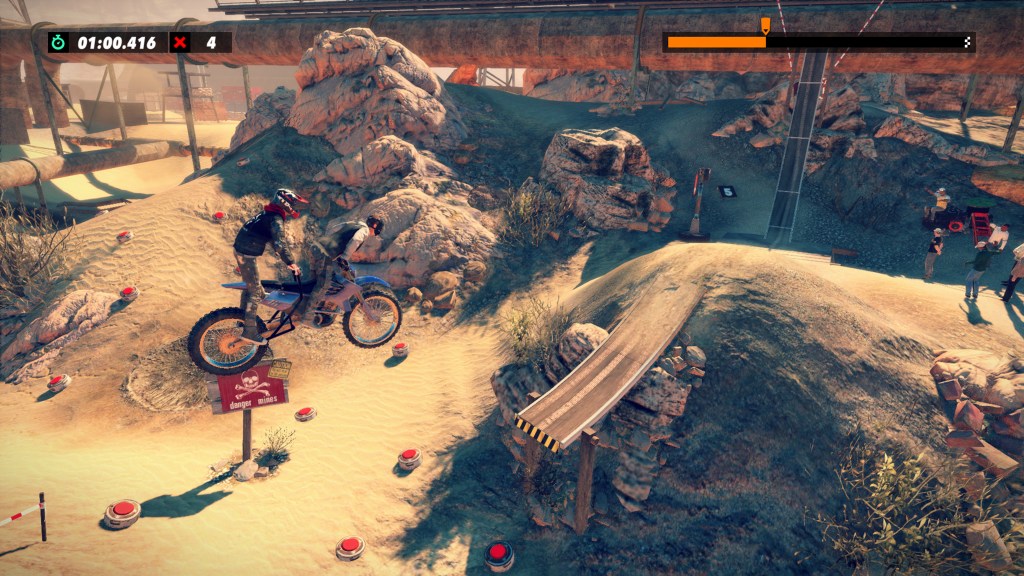
Trials Rising is the ultimate Trials game and the best of its kind. Rising’s core gameplay is still like nothing else, as players have to learn to lean and accelerate appropriately to get over the game’s many obstacles. It can be hilarious to flip around and watch the physics do their thing, but it’s also thrilling to learn because of the impossibly high skill ceiling it has. This means there are always ways to improve, something that’s aided by its array of surprisingly helpful tutorials.
Rising also boasts a healthy variety of levels. It has some of the classic dirty tracks, but it also has other unexpected zones from all around the world, giving it a healthy amount of variety while still staying grounded. These Rising courses also all run the gamut from simple to slightly challenging to ludicrously hard, further adding to the game’s overall variety in different ways. Ubisoft seems uninterested in making another Trials game, but Rising already ticks so many boxes and makes it hard to ask for more.
7) Rainbow Six Siege
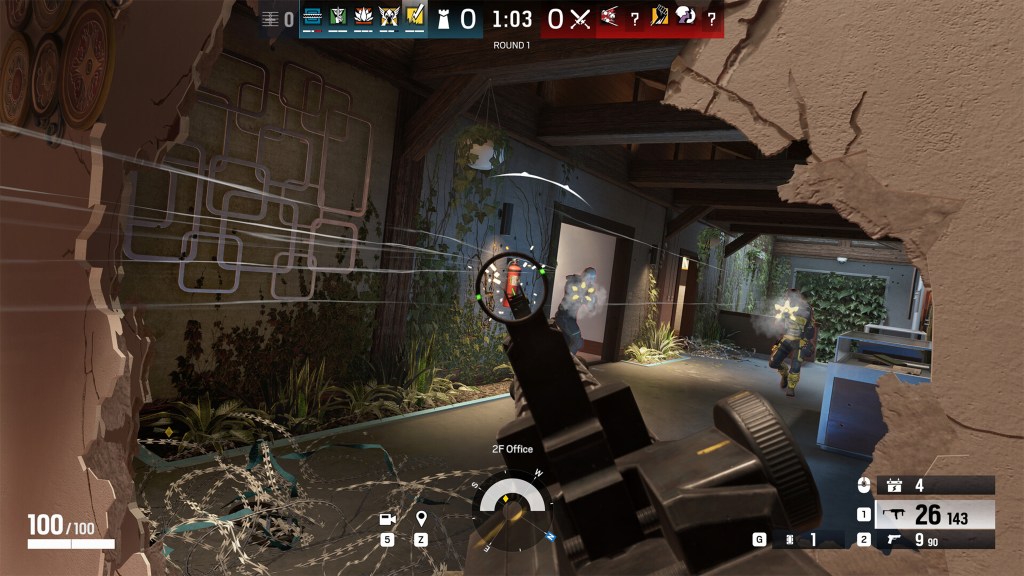
Rainbow Six Siege is seemingly one of the few big games that’s actually making Ubisoft money, as evidenced by the publisher’s many disappointments like Skull & Bones, Star Wars Outlaws, and XDefiant. It’s a heavy cross to bear, but Siege is deserving of it.
Siege has had so much staying power because of the strength of its core gameplay. All Operators are stacked with a slew different abilities and give matches a one-of-a-kind feel, something only augmented by its impressive environmental destruction. The tension of slowly creeping around the stage is also unique from other games since many shooters rely almost exclusively on quick reflexes. There’s a level of strategy here that puts this game in a league of its own. Ubisoft is often rightfully derided for its lack of innovation, so it’s odd the company doesn’t make more games as innovative as Siege.
6) Prince of Persia: The Sands of Time
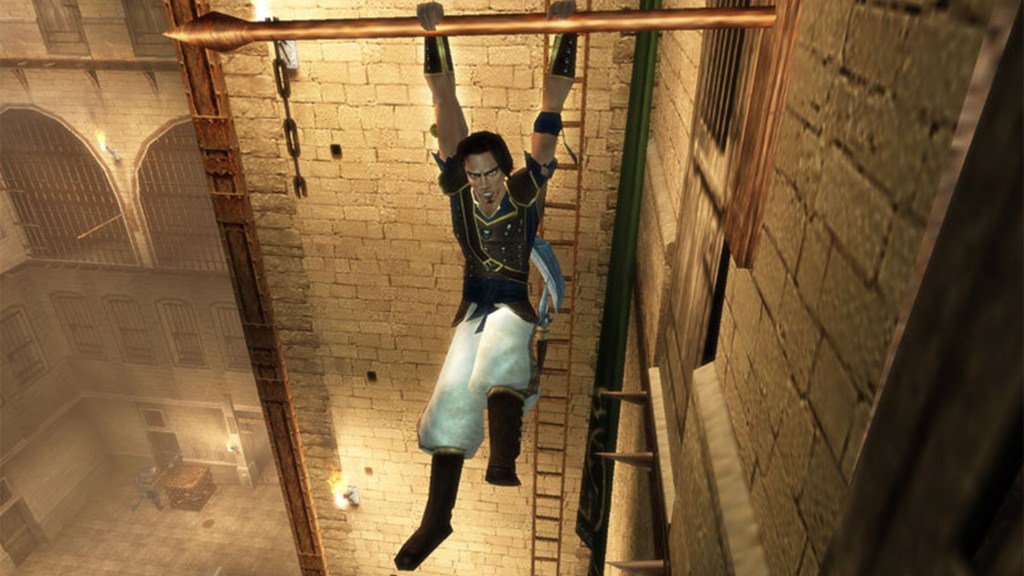
Before Uncharted and The Last of Us, there was Prince of Persia: The Sands of Time. This completely rebooted character-driven adventure plays like the urtext of this kind of game since it focuses on the relationship between the Prince and his companion, Farah. Their witty back-and-forth is written well and the two meaningfully grow during their journey, evoking the banter of Nathan Drake and his companions, as well as Joel and Ellie.
The narrative provides the context for the platforming, but it’s solid enough to stand up on its own. Weaving between massive saws and grabbing poles is eloquently done because, when done correctly, leads to an acrobatic flow that nearly unrivaled in its genre. Although, there’s not much penalty to doing it all poorly, either, since its time-bending powers reverse mistakes at a moment’s notice. Even though it sounds like this would make the game too easy, it ends up just smoothing out the pacing by keeping things moving. Combat is pretty shallow, but there’s still so much to love about The Sands of Time, and it remains one of the best reimaginings in the medium.
5) Splinter Cell: Blacklist
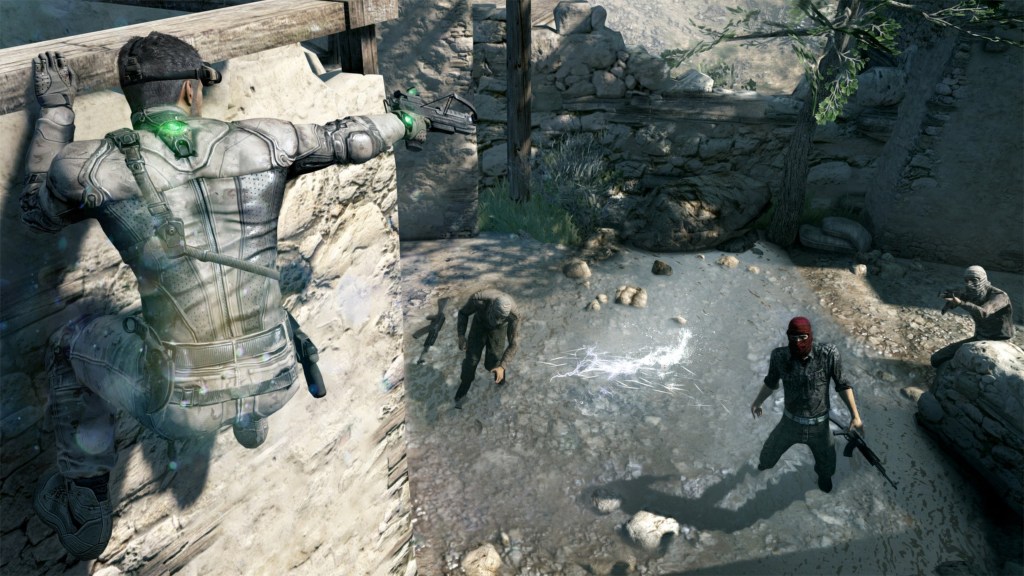
Splinter Cell is yet another Ubisoft franchise that has been stuck in the shadows for over a decade, but it went out on its best entry. Splinter Cell: Blacklist is the most open Splinter Cell game and gives players freedom to go about missions in any way they see fit, a mission statement aided by its more limber version of Sam Fisher. This includes sneaking past everyone, silently killing each guard, going loud, or a combination of the three. All three are empowering for different reasons and speaks to the level design and loadout system that can seamlessly support this variety. And variety is a key element in the stealth genre, as demonstrated by games like Dishonored, Deus Ex: Mankind Divided, and Metal Gear Solid V: The Phantom Pain.
Other Splinter Cell games are open in their own ways, but Blacklist being the newest means it’s able to benefit from that foundation and be even more expansive. While the upcoming remake of the first game already has a blueprint, it would be wise to take as much influence from Blacklist as possible.
4) Assassin’s Creed Origins
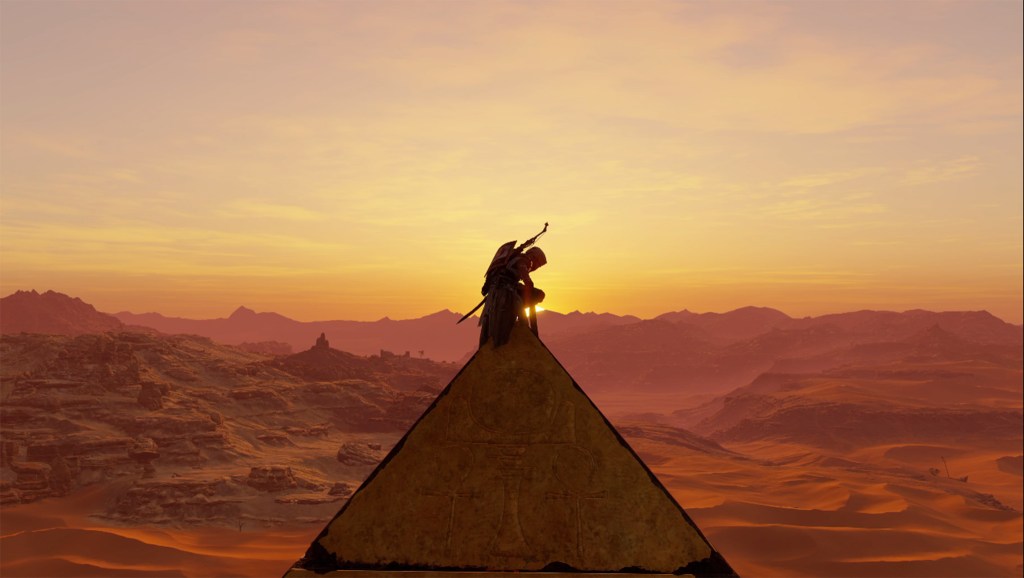
There are so many Assassin’s Creed games that have defined their eras, but none are the full package like Assassin’s Creed Origins. Origins’ place at the top of the sync point-like tower has a lot to do with its setting. Ancient Egypt strays away from the European-centric places of many of its predecessors, opting to show players sandy dunes, beautiful oases, awe-striking pyramids, and cities with local culture, as well as towns colonized by the Greeks and Romans. Bayek is also the series’ best protagonist since he, like the landscape, is quite varied. He’s tough, tender, silly, and noble in a way that no other Assassin has been able to quite match, although Kassandra and Ezio come close.
It’s also the only RPG-era entry that isn’t overly bloated. Origins has enough to do without feeling like a never-ending to-do list. It still can easily be considered a “map game,” but the setting, simple yet smooth combat, and atmosphere make it a checklist worth slowly checking off. Origins marked a big shift for the series, so it’s great that it’s also the best one.
3) Rayman Origins
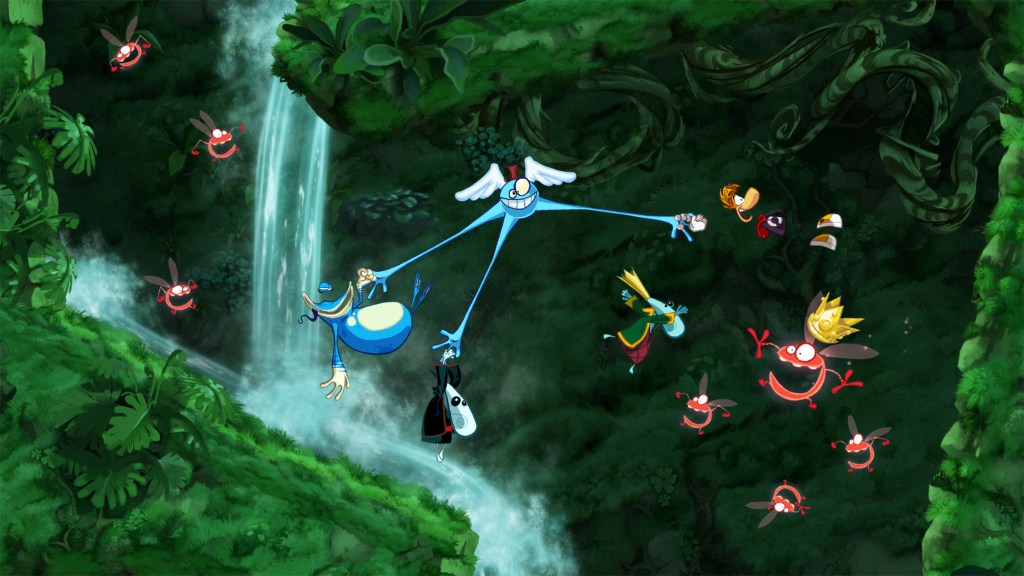
Rayman was always a respected series that defined Ubisoft as a whole, but its best titles haven’t been brought up much generations after the fact. Rayman Origins, though, is a classic platformer that deserves modern recognition in a way its predecessors will likely never get.
Its controls are responsive and the level design presents players with new challenges so they can flex and stretch their platforming muscles. Its difficulty gradually ramps up and never spikes outside of the special gauntlets that have the best music to match their fast-paced level design. Cooperative play also opens the game up to more people, and doesn’t diminish its value as a single-player game; a rarity that few other titles can claim. While its successor, Rayman Legends, is also a fantastic platformer with many of the same positives, Origins has a better soundtrack and a slightly more vibrant visual style.
2) Mario + Rabbids Kingdom Battle

It almost feels like Mario shouldn’t even degrade himself by collaborating with the Rabbids, the Minions of gaming. It would be insulting if Mario + Rabbids Kingdom Battle wasn’t absolutely stunning. This XCOM-like strategy game contains plenty of tactical decision-making in a way that seemingly betrays its colorful design. Its missions require players to learn the ins and outs of each character, memorize their strengths, and execute with the utmost precision. This consistent difficulty is not only explained well, but it also is designed in a way to force players to engage and get the most out of it. There’s no slacking on the way to defeating Bowser.
While mastering its roster and experimenting with its freeform systems is consistently thrilling, Ubisoft Montpellier’s ability to translate the Nintendo characters — and make them work alongside the Rabbids — is endlessly impressive. It’s a hard thing to nail down, but the Mario cast never moves and acts out of character, and the Rabbids avoid being annoying by being surprisingly funny mirrors of that crossover crew. It somehow shouldn’t work, but it does, and it results in one of the best Ubisoft games.
1) Prince of Persia: The Lost Crown
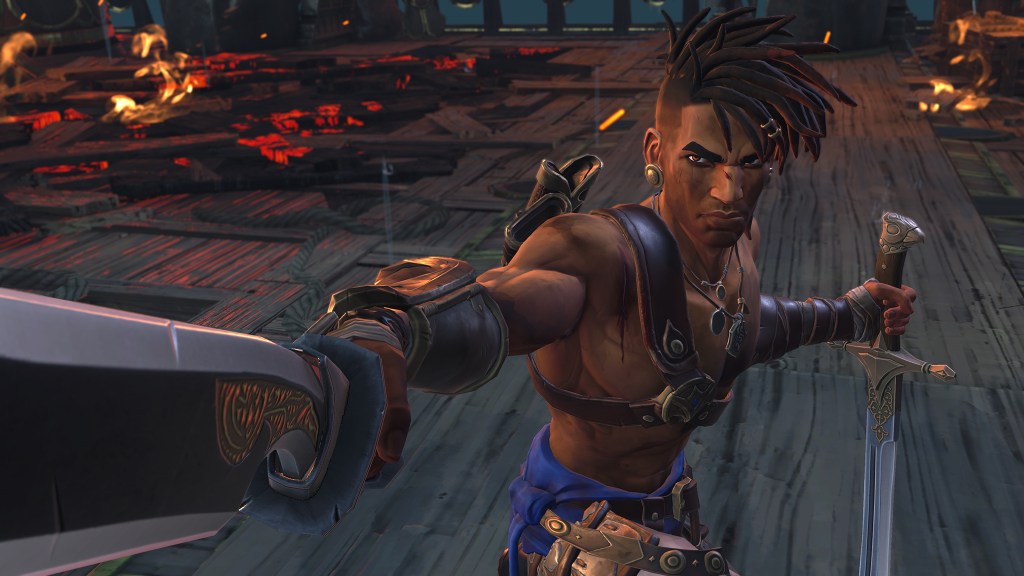
RELATED: Prince of Persia: The Lost Crown Is Still the Most Slept-On Game of 2024
Prince of Persia has long been on life support, as the last full entry came out to little acclaim in 2012 and the ill-fated remake of The Sand of Time was essentially rebooted after a horrific debut trailer. The search action platformer genre has also been overstuffed with excellent titles. This is to say that a search action platformer Prince of Persia had a lot going against it, but Ubisoft Montpellier came through and delivered an excellent experience up there with the genre’s all-time. And considering how those greats are industry-defining franchises like Metroid, Hollow Knight, and Castlevania, that’s quite a feat.
The Lost Crown calls back to the Prince’s 2D roots by focusing on clever platforming trials. It may have an unrealistic amount of saw blades, but these sharp obstacles open the door for some devilishly tricky gauntlets that take all sorts of platforming skills to overcome. Players are encouraged to chain together dashes, double jumps, wall jumps, and rewinds to come out on top, and the smooth controls make these an exciting challenge each time. This is even more evident in the game’s post-launch challenge modes, which are downright brutal.
It could have just been a great platformer, but The Lost Crown goes above and beyond by having a fluid combat system, an eye-catching animation style, and a surprisingly solid story. Performing air juggles and flashy combos is possible through its simple yet deep melee mechanics that have an astounding amount of depth. Some of these fights are aided by its anime-inspired animation that provides some over-the-top special moves and fight choreography. And while its story is relatively straightforward, it’s told well with a profound respect for Persian mythology, a rich mythology gaming rarely delves into.
Sadly, this team was rewarded by being disbanded and thrown onto other projects. But regardless of their undeserved fate and the unlikelihood of this game getting a follow-up, the studio at least made Ubisoft’s best game in the process.


